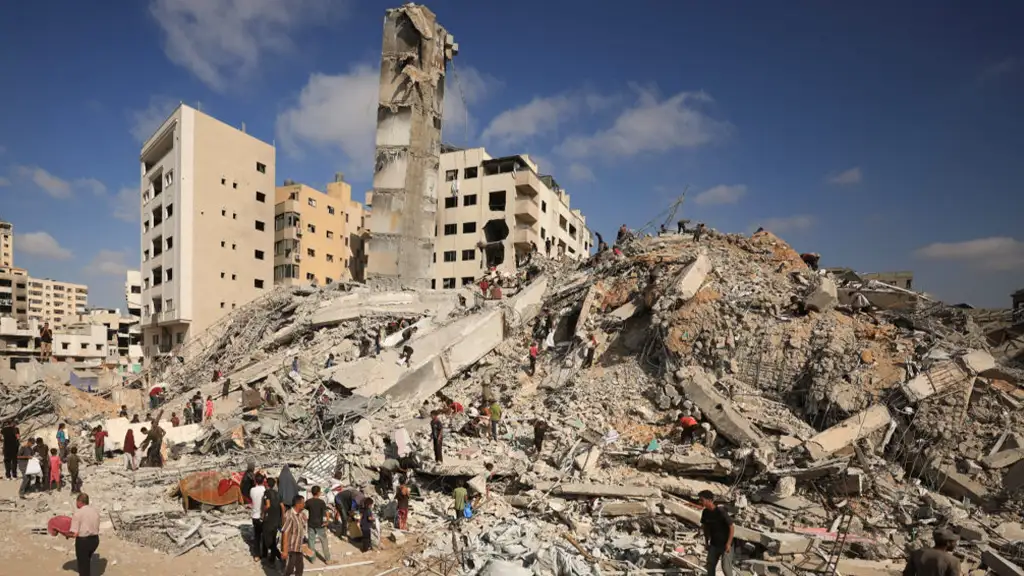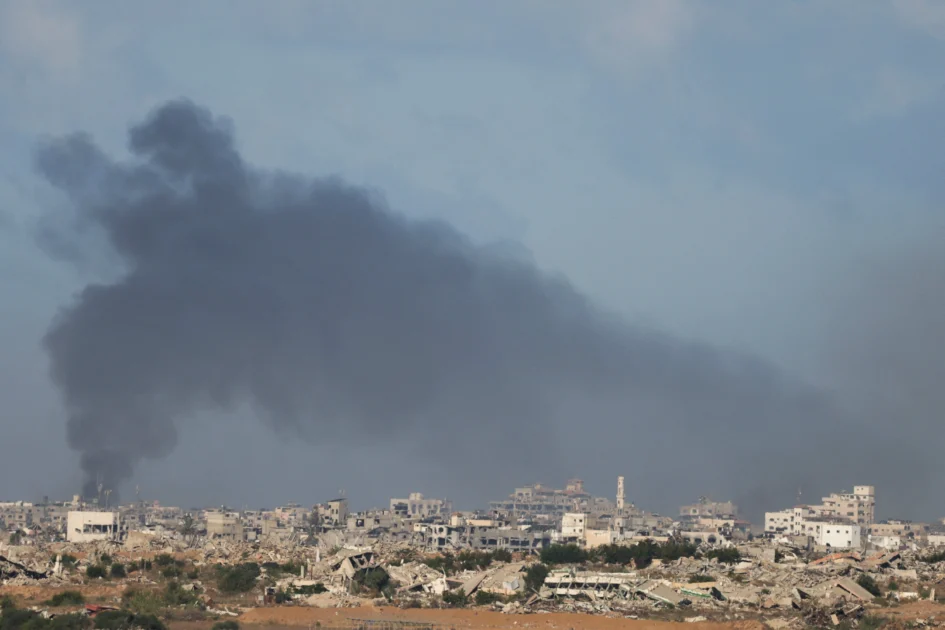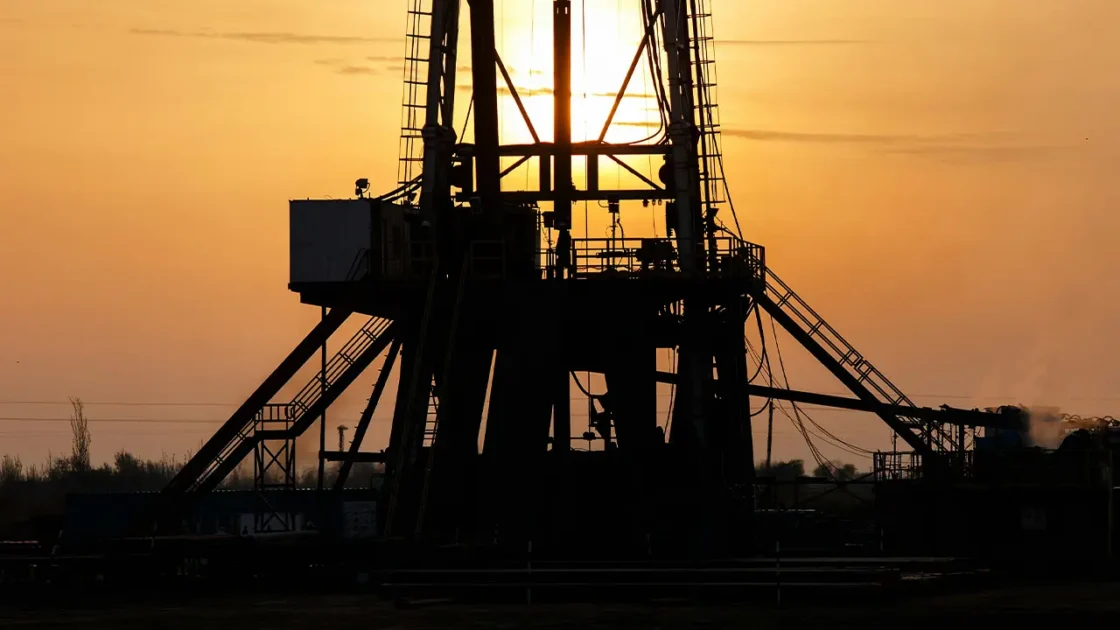- DW
- 4 Hours ago
Why Palestine’s economy may not recover soon even if the war ends
-

- Web Desk
- 3 Hours ago

WEB DESK: As the Israel-Palestine conflict enters its third year, analysts warn that the economic consequences of the prolonged war will continue to weigh heavily on both sides and ripple far beyond the region. Despite renewed diplomatic efforts to end hostilities, experts say Israel is likely to retain economic control over Palestinian territories even if a ceasefire is reached, limiting the latter’s ability to recover.
Palestine’s economy under continued strain
Economists argue that Gaza’s devastated economy cannot recover without full sovereignty and control over its own resources. “Israel will continue to employ adverse measures against the economy and follow the same policy, so the economy will not recover, at least in the coming two or three months,” said Naser Mufrej, professor of finance and economics at the Arab American University in Ramallah.
According to The National, he added that a sovereign Palestinian state could transform the territory’s outlook by attracting fresh investments and boosting consumption. “If a ceasefire paves the way for a just and peaceful solution and leads to a viable Palestinian state, it will bring optimism and investment appetite, even among donors,” Mufrej said.
Raja Khalidi, director general of the Palestine Economic Policy Research Institute, believes an independent Palestine could emerge as a strong regional player, citing the potential of its industrial, agricultural and banking sectors. “A free Palestine would be a very strong player in the region,” he said.
Currently, Israel maintains significant control over Palestine’s economy through restrictions on goods, labour, and tax revenue transfers. The Israeli shekel remains the main currency, and Israel continues to withhold the Palestinian Authority’s clearance revenue, straining its ability to pay salaries and sustain public services.
Gaza’s collapse and the West Bank’s struggles
Gaza’s economy has been virtually paralysed since the war erupted on October 7, 2023, following Hamas-led attacks that killed about 1,200 people in Israel. The ensuing Israeli bombardment has claimed over 67,000 Palestinian lives and destroyed much of Gaza’s infrastructure. According to the World Bank, Gaza’s GDP fell 83 percent last year and a further 12 percent in the first quarter of this year, leaving economic activity “at a standstill.”
The West Bank has also suffered, with Israel imposing tighter movement restrictions and military operations. A UN trade report found that nearly 850 movement barriers restrict the mobility of 3.3 million Palestinians, pushing the economy into its “most severe contraction in over fifty years.” The region’s GDP per capita has fallen back to 2008 levels, wiping out 17 years of development gains.
Nearly all West Bank businesses have been affected, with 97 percent of small and medium-sized firms reporting declining sales and widespread job losses. Experts estimate that without Israeli-imposed restrictions, the economy could have generated an additional $170 billion in GDP since 2000.
Global implications and uncertain outlook
The ongoing war has also contributed to regional instability, disrupted trade routes, and affected global energy prices, deepening economic uncertainty. Western recognition of Palestine by countries such as the UK, France and Australia has raised hopes for statehood, but analysts caution that these moves remain symbolic without territorial sovereignty.
“Fiscal autonomy is limited, with domestic tax collection covering only about 30 percent of spending,” said Anas Iqtait, senior lecturer at the Australian National University. “Palestine remains highly dependent on Israel for revenue, leaving it vulnerable.”
For now, the future of the region’s economy remains tied to politics. Without meaningful progress towards sovereignty and stability, the Palestinian economy risks further collapse, and the wider region may continue to pay the price of prolonged conflict.




